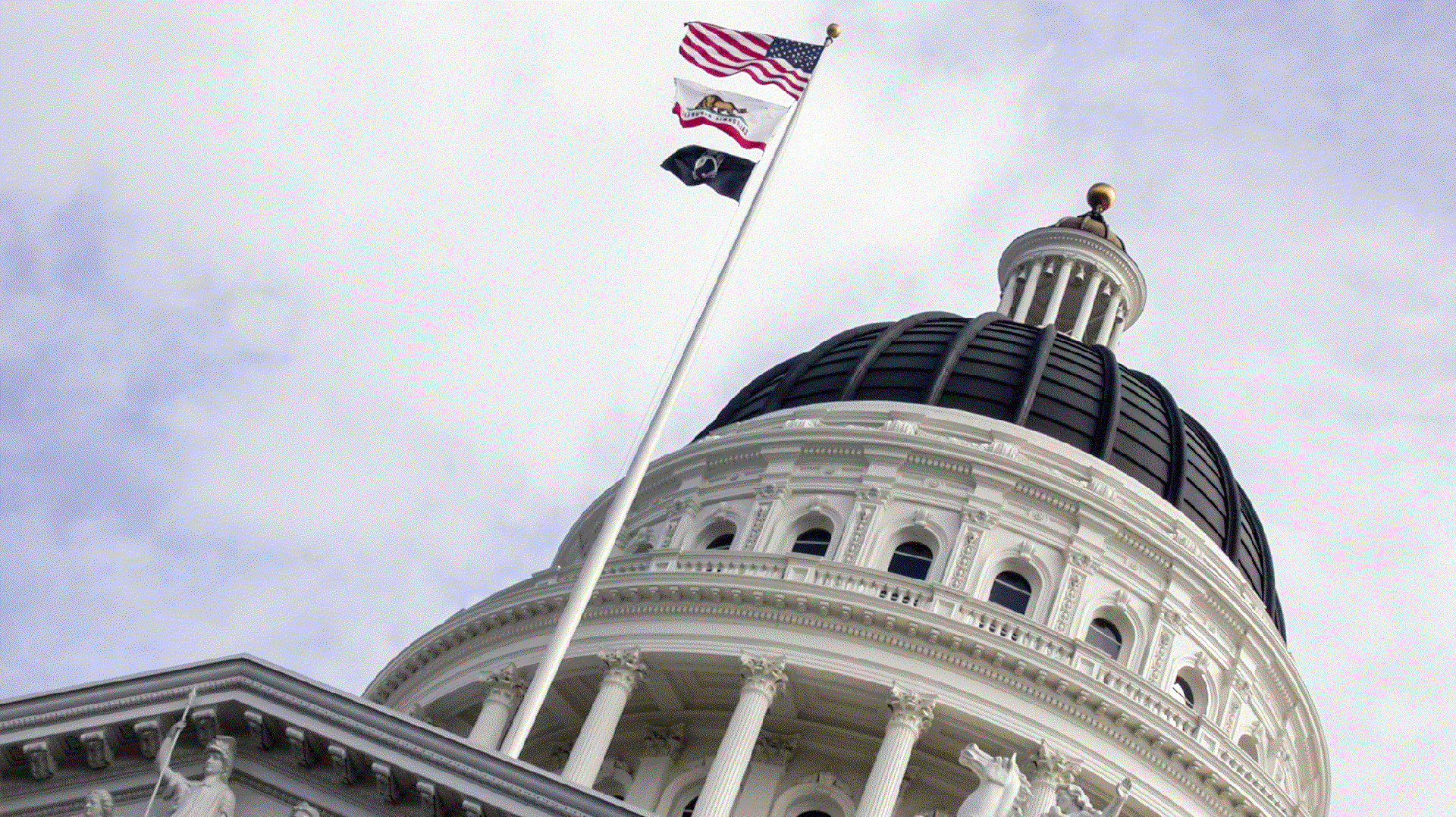California Voters Are Deeply Worried About Political Disinformation, IGS Poll Finds
Across party lines, voters do not trust social media platforms to change their harmful practices. Now they want the government to take action.

A new Berkeley IGS Poll has found "extremely high levels of concern" among California voters that disinformation on social media is threatening democracy, and they favor strong government measures to regulate it.
The poll, released this week, found that the worry extends across political parties and different racial, gender and age groups, and through every region of the state. With remarkable consistency, voters said they do not trust social media platforms to change their harmful practices, and they want the government to step in to protect the integrity of the democratic system.
Further, the poll by the UC Berkeley Institute of Governmental Studies found broad bi-partisan support for ambitious new civic education in California high schools. The classes should focus not only on the American political system, poll respondents said, but also on how students can navigate election season without being duped by intentionally deceptive communication.
"For many years, social media platforms have evaded the sort of common-sense regulation that applies to airlines, pharmaceutical companies, car manufacturers and other industries whose products can hurt the public," said Jonathan Mehta Stein, executive director at California Common Cause. “In California, voters are ready for the era of unregulated, consequence-free tech to end.”
The penetrating, harmful impact of disinformation has become vivid in recent years.
Disinformation about the threat of the COVID virus, carried by social media and amplified by political leaders and right-wing news media, led millions of people to be confused about the nature of the threat and the best prevention and treatment measures. Thousands of Americans have died as a result, medical experts say, while the disinformation led to billions of dollars in costs.
Systemic disinformation about voting fraud in the 2020 presidential election helped set the stage for the Jan. 6, 2021, right-wing mob attack on the U.S. Capitol that left dozens of police officers dead or injured. For the first time in its history, the nation failed to achieve a peaceful transfer of power — and even now, millions of Americans still falsely believe that fraud swung the election to Democrat Joe Biden.
At UC Berkeley, scholars in recent interviews stressed that regulation of internet platforms such as X (formerly known as Twitter), Facebook, YouTube and TikTok could be critical to limiting the viral spread of disinformation. In the new IGS Poll, voters expressed strong support for such intervention.
The numbers are striking because they seem to transcend the partisan polarization that divides voters in California and nationwide on so many issues. Among the key findings:
- More than four in five state voters are "concerned about the dangers that disinformation, deepfakes and artificial intelligence" pose in next year’s elections. Sixty percent are "very concerned," the poll found.
- Nearly four in five voters — 78% in all — agree that the platforms "are contributing to a worsening of our political discourse by not properly identifying obvious mistruths and disinformation in user posts and political advertisements." The same percentage says internet and social media platforms "have too much power and influence" in Congress and state legislatures in shaping laws and regulations that govern their own operations.
- By large majorities, voters said internet platforms must be more transparent with the public about how they collect user data that is used to personalize news and other content. The voters also want more transparency for popular online opinion leaders who have the potential to drive disinformation to mass audiences. And they want platforms to bar trolls and other communicators whose identities can’t be verified.
- Nearly three of every four voters believe that state government has an obligation to take action. Support is highest among Democrats (86%) and voters with no party preference (69%). Among Republican voters, who tend to be wary of government intervention, 54% agree.
"It seems clear that Californians ... are ready for state government to take a strong, active hand in regulating social media platforms," Mehta Stein said. "They want protections for our democratic discourse before things go from bad to worse."
The IGS Poll was administered online in English and Spanish to 6,342 California registered voters last month, from Oct. 24 to Oct. 30. The margin of error is approximately two percentage points.
Related content:
Read more about disinformation research by UC Berkeley scholars in the Berkeley News series, "Democracy in Distress."